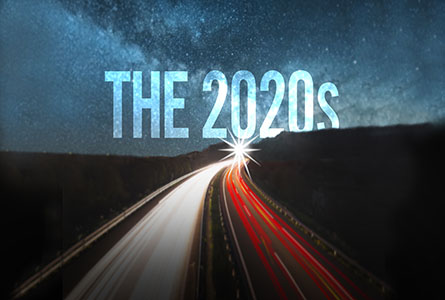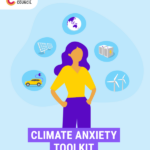January 2, 2020 – When I decided to retire from my consulting work helping new business technology startups, in addition to writing this blog I began to do volunteer work in the community and chose to join a political party at the constituency level. Being a pragmatist and social activist rolled up in one, I began working with the federal Liberal Party of Canada where I took on the role of developing policy proposals. The committee that we have organized has evolved to become a gathering where we tackle topics monthly and develop policies that can then be shared with other constituencies and Party members. In the past five years the work we have done has led to policies adopted by the government, a very gratifying end result.
It is this exciting work that is the inspiration behind this posting looking at what kind of Canada will we have in 2030. I believe it equally applies to those among the readers in more than forty countries who subscribe to this blog. So where you see specific references to Canada, feel free to substitute your country’s name.
A decade from now, what will be the scientific and technological advances that will profoundly impact Canada?
What will climate change do to Canadian lifestyles and the Canadian economy?
What will Canadian cities, rural spaces, and the Canadian North be like in 2030?
What likely new initiatives will steer Canada through a minefield of geopolitical and environmental change?
I thought it would be useful for me to pick my choices of game-changers that will be the disruptors and enhancers in the 2020s. I encourage you, my readers, to add to this list by sending in your comments. So here we go.
These are the areas where I anticipate significant change will happen in the next ten years:
- The ever-evolving Internet and Internet of Things (IoT) will see Versions 3.0, and 4.0 come to fruition accompanied by new telecommunication networking standards from 5G, to 6G, and beyond.
- 3D Printing, also known as additive manufacturing will disrupt supply chains and many industry segments including construction, manufacturing, and even food production where the technology will create cell-based meats.
- Wearables, virtual and augmented reality will alter how we see the world around us, and how that world sees us.
- Robotics and digital autonomy will impact the workplace, the jobs we do, transportation, and our home life.
- Digital connectivity, open education, and open government will alter how we learn and democracy itself.
- Artificial Intelligence (AI) interfaces will begin to integrate human consciousness with machines to the point where the differences between our creation and ourselves will become more blurred.
- The environment, climate change, adaptation, mitigation, and conservation will become front and centre in our decision-making processes for every aspect of our lives.
- New materials, carbon and resource repurposing will make it possible for us to begin to reduce greenhouse gases in the atmosphere, and accommodate to the changing environment.
- New energy sources from modular nuclear reactors to the first commercial fusion reactors, along with renewable energy sources, development of a hydrogen infrastructure, the mixing of distributed and grid delivered electricity, and the build out of a non-fossil fuel transportation infrastructure will further mitigate climate change.
- Personalized medicine through advances in our understanding of genetics, epigenetics, and the use of stem cells will not only make us healthier, but will lead to news areas of treatment tackling longevity and regeneration.
- Digital and open banking, the continued development of fintech technologies, the creation of digital wallets and new digital currencies will revolutionize our interactions with money.
- Aerospace and outer space will be areas where we will continue to innovate as humans begin the long-awaited move to off-planet habitation, and to the exploiting of near space to make the Earth a more connected and sustainable environment.
- Quantum computing will finally have its day as commercial quantum computers become available for widespread use.
- Agricultural innovations will see a rapid expansion of urban and vertical farms to put food production closer to consumers. Growing meat will move out of laboratories and into commercial production. Robots, sensors, and drones will alter farming practices, and new soil carbon fixing methodologies, afforestation, and reforestation will help in climate change mitigation.
- Smart cities will incorporate AI, IoT devices, robots, and other innovations to improve the quality of life for inhabitants.
- A no-emission vehicle infrastructure will see the rise of electric, hydrogen, and fuel cell replacements to the internal-combustion-engine.
- An entirely new economy will be built around the repurposing of waste.
It will be interesting to see how we as individuals, our educators, scientists and engineers, and our industry and entrepreneurs adapt and learn to a world with so many disruptive and dynamic forces in play. Will our governments be flexible enough to adapt to the pace of change?
We’ll see.
Let the journey begin.









